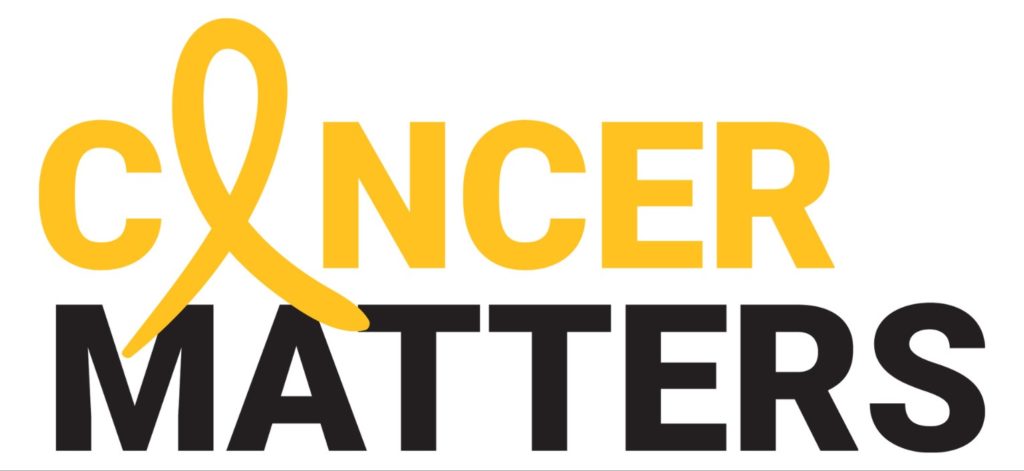
Of my many recollections of working in government hospitals, one that stands out for me is how while sitting down at the nurses counter one late evening, an irate patient’s daughter stormed up to the counter and started shouting at me. She was indignant and unhappy.
“How can you all leave my father to be hungry throughout the day,” she shouted. “He only eats organic brown rice so how can you serve him normal rice. Of course he cannot eat!”
“If he becomes worse ah, we (are) definitely going to complain and ‘saman’ (sue) you ah! It’s our right you know,” she continued.
That particular issue was resolved, but from that episode, I really began to wonder on really what are the rights that patients are entitled to, and more importantly do all of us, both as health care professionals or patients, really understand what are our rights when it comes to medical care?
Rights are a moral or legal entitlement to have or do something, as defined under instruments such as a country’s constitution or even globally via organisations such as the United Nations. Everyone has rights, to some extent or another. Patients have rights too. Patient rights are rules for people receiving medical care.
Some rights can be legally enforced, meaning by denying a person those rights you are actually committing a legal offence. But in many instances, rights may be something which are not legally binding, but reflect what a patient, caregiver or family member can expect from their health care providers.
Why is it so important to understand patients’ rights? For health care professionals, this enables us to have a better understanding on what needs should be done for the patient; while for patients (including carers and family members), this clearly outlines what can be expected from the healthcare team managing you or your loved one.
Patient rights are extensively more important when we are dealing with chronic, complicated diseases, such as cancer, where patients (including carers and family members) spend an extended amount of time engaging with the health care system. In many cases, health care professionals work far beyond their assigned scope to assist patients, and really, these are privileges extended out of a sense of caring, empathy and kindness.
However, it must clearly be understood that there is a difference between privileges or kind acts by health care professionals and your rights which they are bound to fulfill or try their best to fulfill. A mismatch in understanding between these; be it on the side of the patient or the side of the health care professional inevitably leads to confusion and conflict, with a bad outcome for patients.
There are seven cardinal patient rights (1):
- Right of Access
- Right of Safety
- Right of Respect
- Right of Partnership
- Right of Information
- Right of Providing Feedback
- Right of Privacy
How does this apply in the context of patients? Please allow me to elaborate on some of the more important patient rights in this installment.
The most important right a patient has is the right of access. What do we mean by this? Put simply, patients have a right to timely services which are adequate to meet their health needs. However, this is often an area of contention.
“Why (do) you take so long to give me an appointment?” is a question often heard in public centres from cancer patients.
“My appointment (is) so long away that my cancer will get worse…” is another complaint often voiced by patients.
Well there are a few points to be considered pertaining to the right of access. For patients, they need to understand that everyone has a right of access, but in most health care systems, this is based on need – as in prioritisation to access based on need.
Most times, as patients, we think that we are absolutely the ones in urgent need. Unfortunately, in most cases, there are many instances in which there are far more serious patients that need to be seen or treated. This information is not something made visible to us, but the health care professionals have visibility of this.
This is what they need to consider when allocating resources, be it operation theatre schedules or clinic appointments. So when a Stage 1 breast cancer patient gets an operation date six weeks away, it’s not that the surgical team is not taking your case seriously, but rather probably there are many more Stage 3 breast cancer patients who need to be operated on.
Please do not take this to mean that I am trivialising any patient’s condition, rather it is to give a clearer understanding of the necessity of health care systems and how they have to ‘ration’ care based on need. They are forced to work within the resources that the health care system has allocated to them.
On the other side of the coin however, for health care professionals and the health system as a whole, the right of access for patients should continue to remain paramount in their minds. Health care professionals and the system should not just remain comfortable by echoing the narrative of having to ‘ration’ care, using that as an excuse.
Rather, there needs to be a continuous ongoing push to further improve access for all, all the time. The task of improving access should be a moving goalpost, rather than a static one as no one can foreseeably predict that we will ever have achieved an optimal level of access to health care. However we can try our best to continue to try improving it. We must. After all, it is one of the most important rights for patients.
References
- Cancer Council Australia. Cancer Care and Your Rights. 2nd ed. Sydney: Cancer Council Australia; 2019.

Cancer Matters is a column on various issues related to cancer in Malaysia. Dr Murallitharan M. is the Medical Director of the National Cancer Society of Malaysia (NCSM). He can be reached via email at [email protected].
- This is the personal opinion of the writer or publication and does not necessarily represent the views of CodeBlue.








